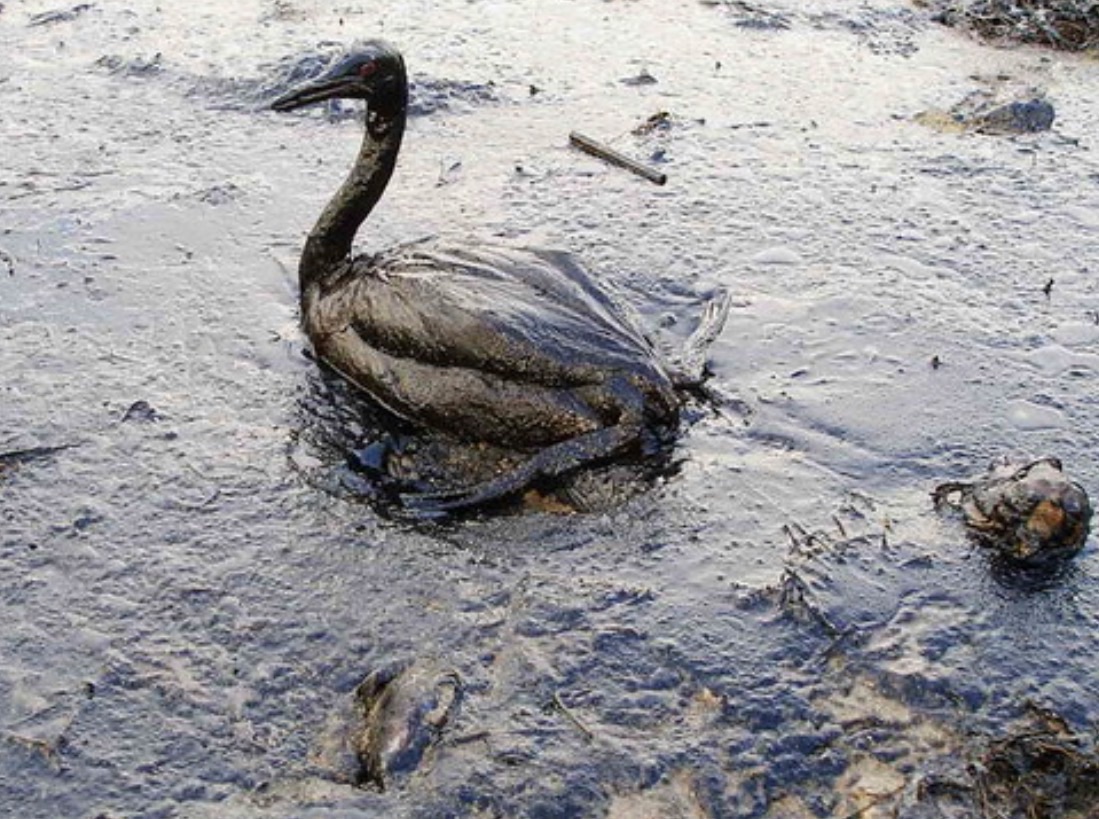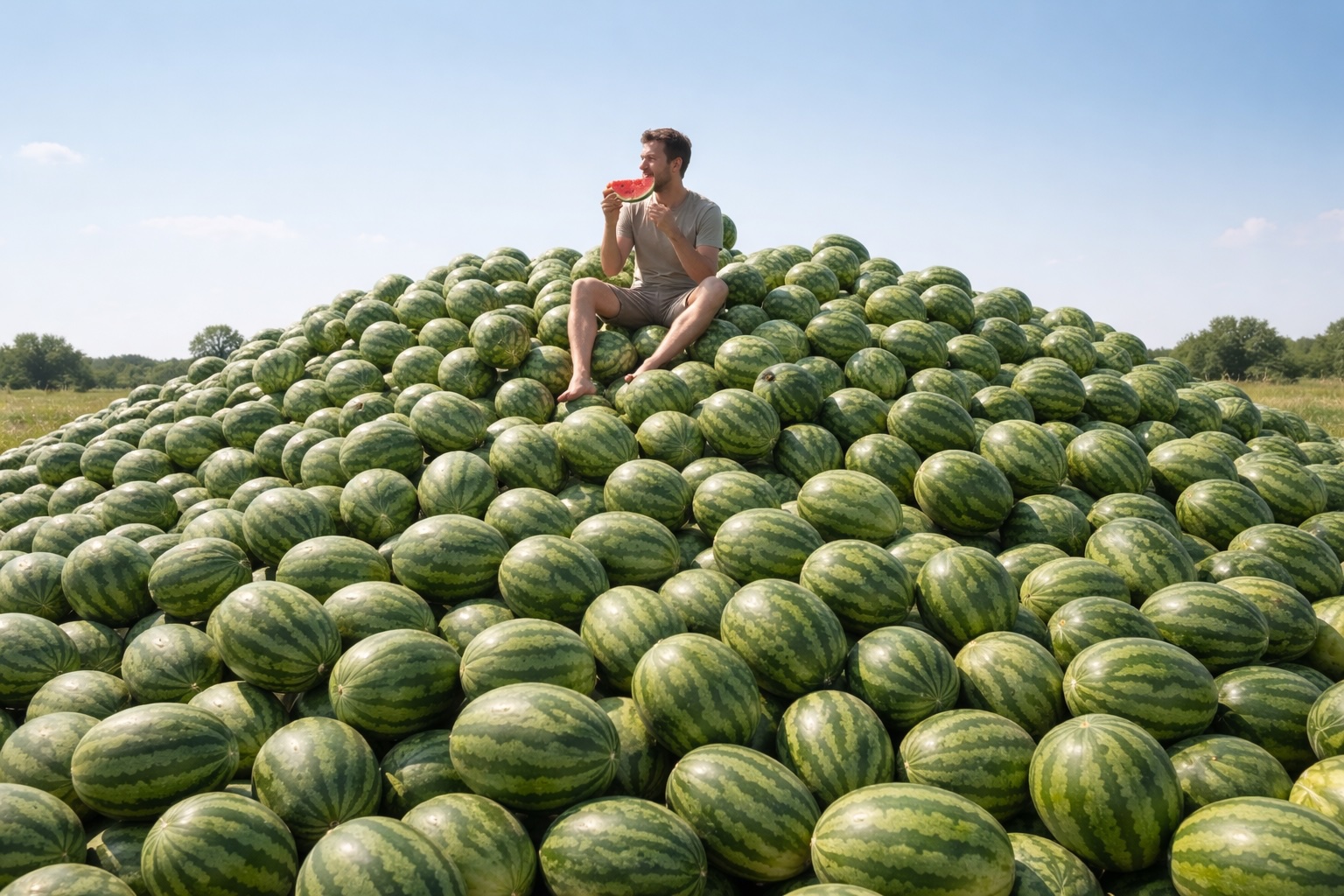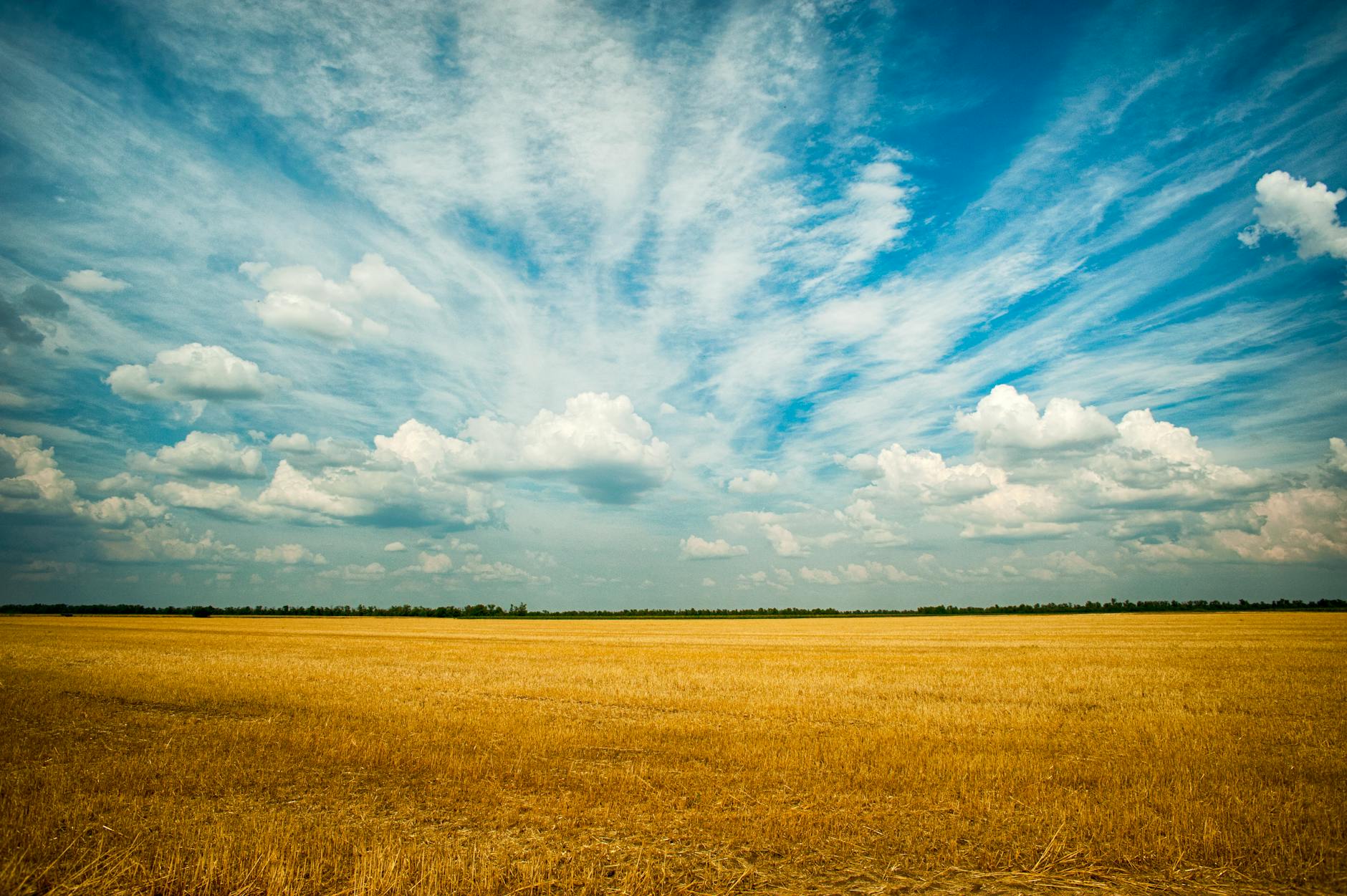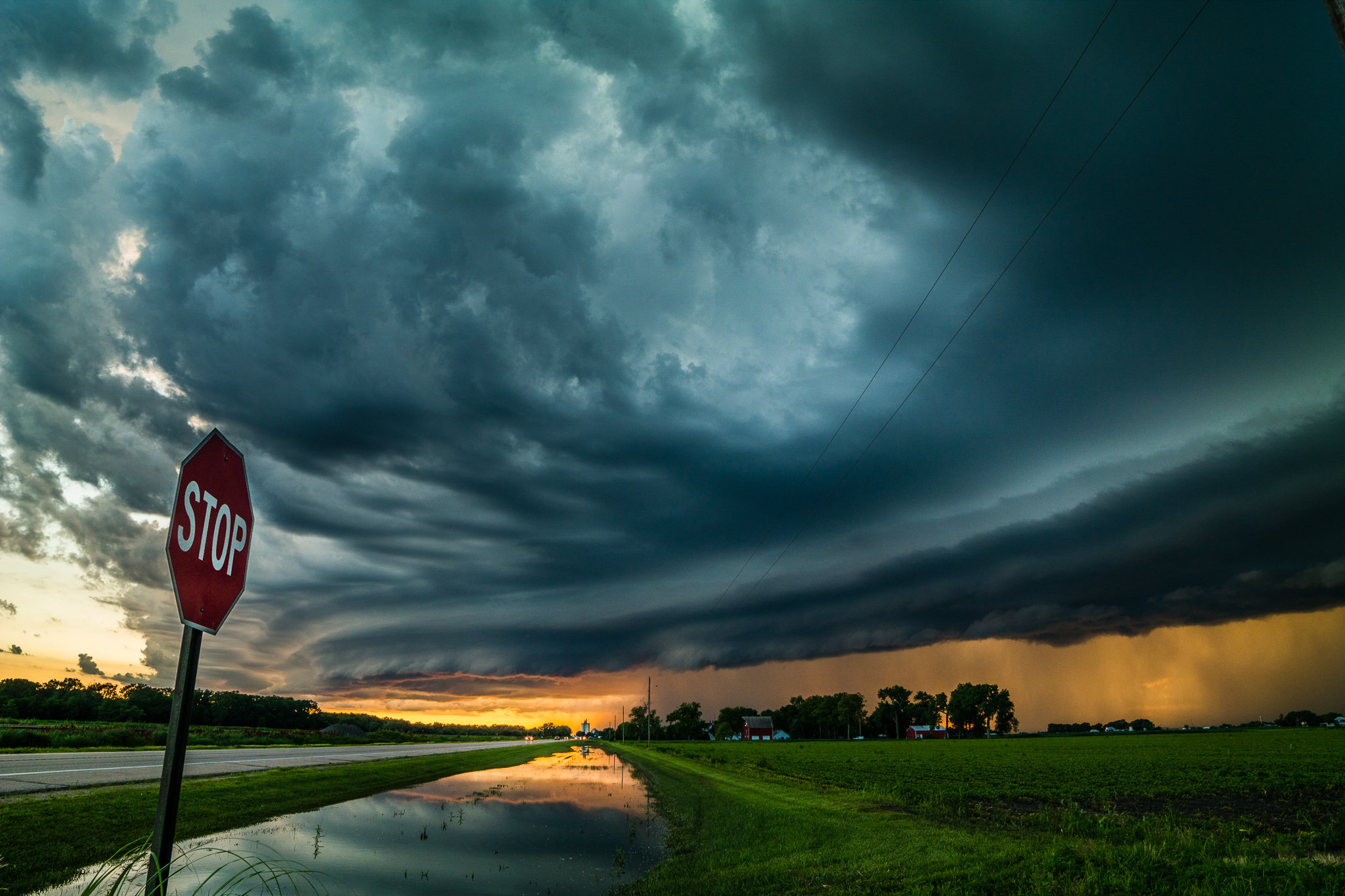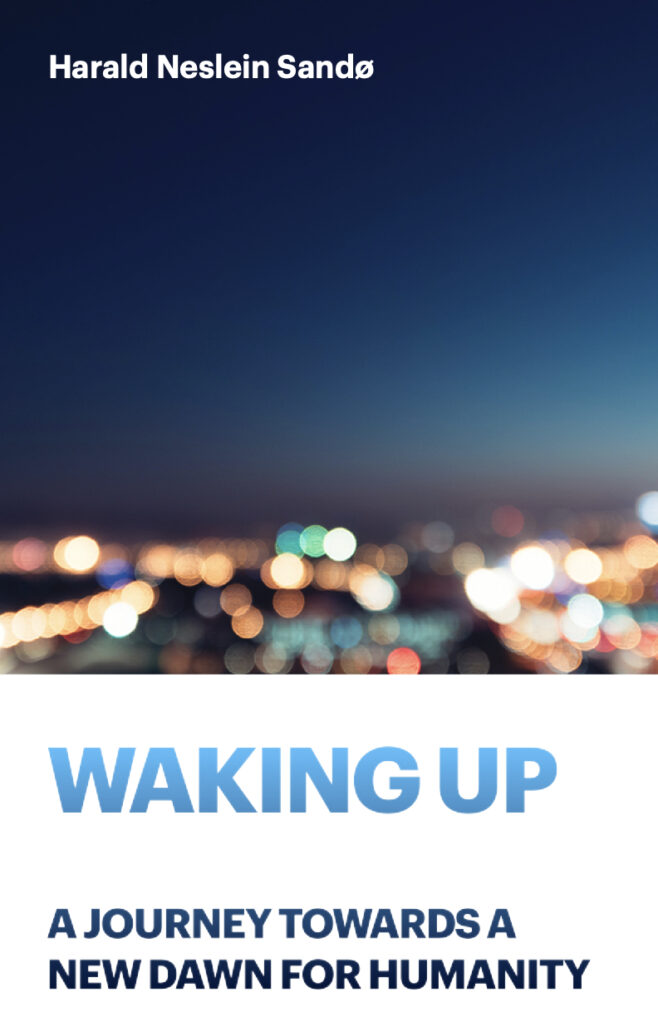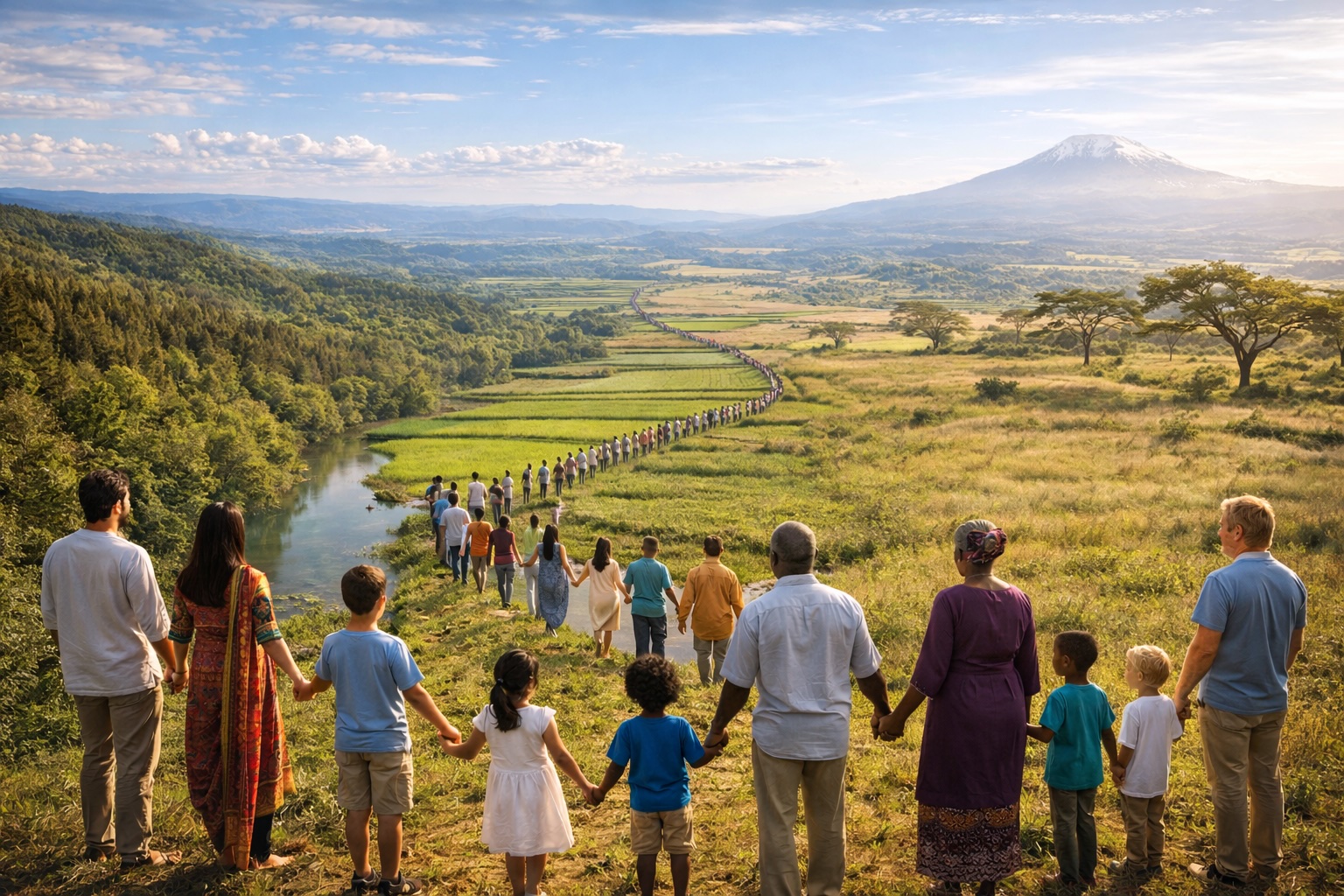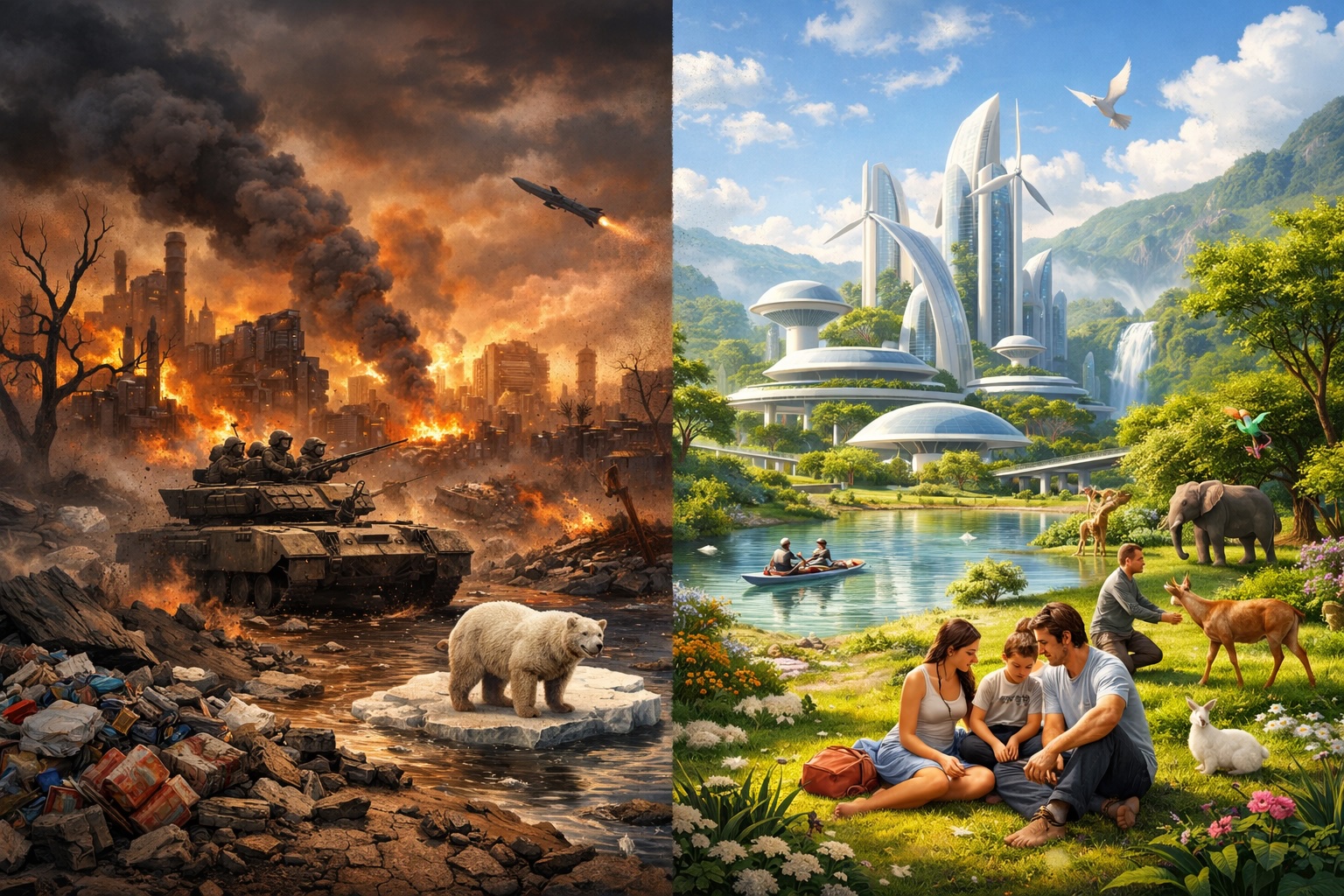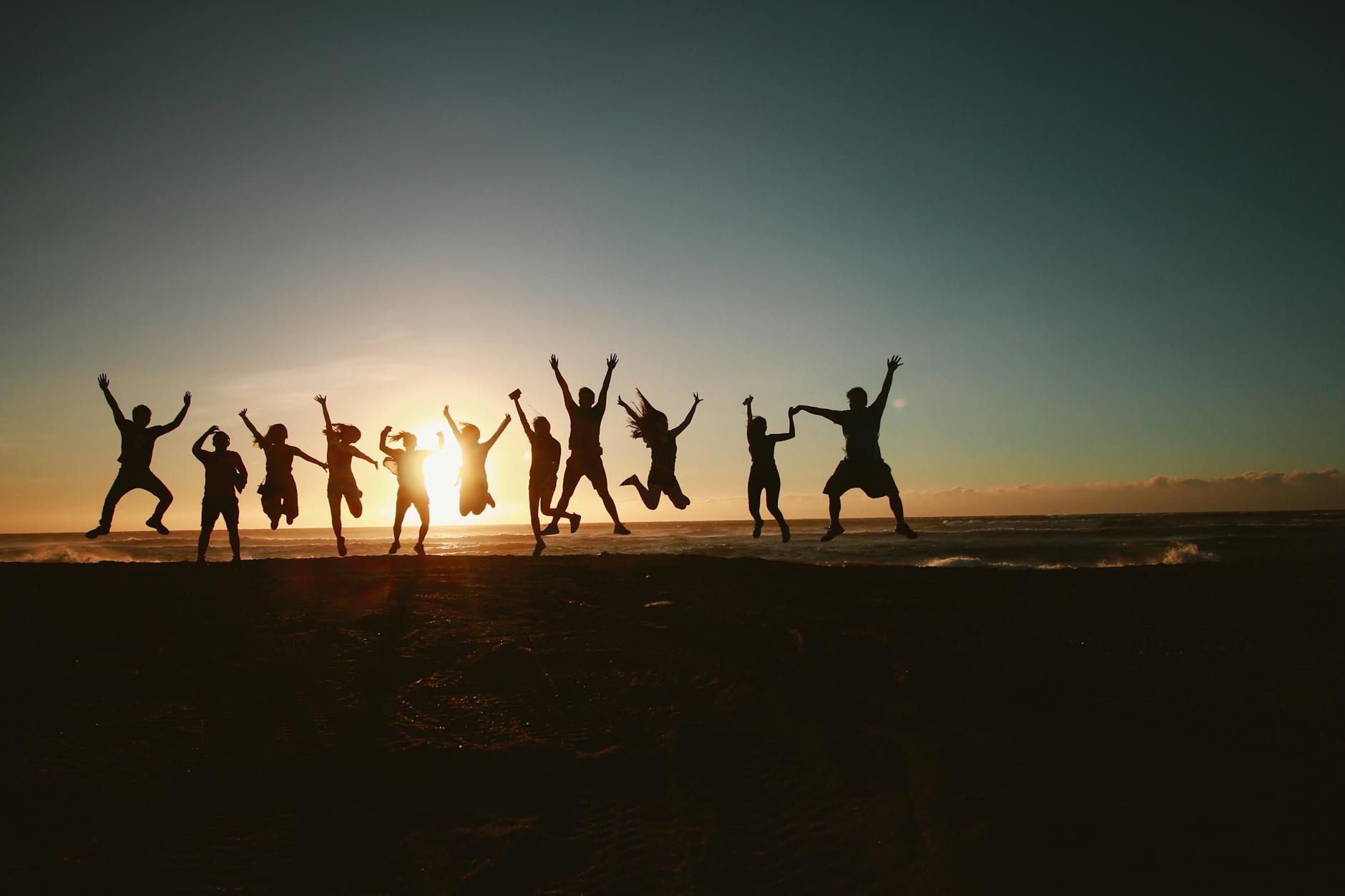There is a particular phrase that has followed humanity like a shadow:
It was done for economic reasons.
Few sentences have caused more suffering while sounding so neutral.
Because of course, it’s just business not personal.
When violence is framed as necessity, when destruction is framed as efficiency, when human lives are reduced to costs and returns, atrocities no longer need hatred to be carried out. They only need justification. And profit has proven to be one of the most powerful justifications ever invented.
⸻
When Profit Becomes the Highest Value
Profit itself is not evil. Exchange is not evil. Not even trade is inherently evil.
What is dangerous is what happens when profit is elevated above every other value — above human life, above ecosystems, above future generations, above the planet itself. When this happens, moral limits dissolve quietly, not with dramatic speeches, but with accounting terms:
• Externalities
• Acceptable losses
• Operational efficiency
• Collateral damage
Under such a logic, harm does not disappear. It merely becomes invisible.
⸻
Colonialism: Extraction Disguised as Progress
Some of the largest crimes in history were not driven by rage or ideology, but by balance sheets.
Colonial empires extracted land, labor, minerals, crops, and wealth on a massive scale. Entire populations were treated as inputs. Forests became inventory. Rivers became transport infrastructure. Human beings became replaceable units of labor.
Millions died not because they were hated, but because their survival interfered with profit margins.
⸻
Slavery: Human Beings as Assets
Slavery represents one of the clearest moments in history when humanity crossed a moral line — and then institutionalized it.
Men, women, and children were bought, sold, insured, mortgaged, and depreciated like machinery. The system persisted not because people didn’t know it was wrong, but because it was profitable.
Even abolition, when it came, was often delayed until the system was no longer economically optimal.
⸻
Industrial Progress and Calculated Negligence
As industrialization accelerated, suffering did not disappear — it was reorganized.
Factories were built faster than safety systems. Pollution was cheaper than prevention. Toxic exposure was tolerated because lawsuits cost less than redesign.
Time and again, companies discovered harm early, suppressed the evidence, and continued — not out of ignorance, but calculation.
⸻
Environmental Destruction as a Business Model
Forests are cleared, oceans are depleted, soils are poisoned, and the atmosphere is altered — not accidentally, but systematically.
Nature does not fit easily into spreadsheets. Its collapse is delayed, diffuse, and difficult to price. That makes it convenient to ignore.
When profit is measured quarterly and damage unfolds over decades, destruction becomes rational behavior.
⸻
War as an Economic Opportunity
Wars are often described as failures of diplomacy. Less often are they described as successes of industry.
Weapons are manufactured, sold, replaced, and upgraded. Reconstruction contracts follow destruction. Entire sectors depend on instability.
When peace threatens revenue, it becomes inconvenient.
⸻
Modern Exploitation: Still Wearing a Suit
Today, the mechanisms are cleaner. The language is softer. The outcomes remain familiar.
Child labor persists through supply chains. Workers accept dangerous conditions because survival requires it. Essential medicines are priced beyond reach because scarcity increases returns.
Suffering has not vanished. It has been outsourced.
⸻
The Pattern Beneath It All
These are not isolated moral failures. They are structural outcomes.
When a system rewards harm and calls it success, harm will continue.
When prices replace values, ethics become optional.
When profit becomes the measure of all things, anything that increases profit becomes defensible.
⸻
What If the System Itself Is the Problem?
What if the real tragedy is not that these atrocities happened and happen — but that they made sense within the system that produced them?
What if the system itself is the problem?
Not human nature.
Not greed alone.
Not a lack of compassion.
But a system so pervasive that it quietly overrides compassion, fairness, and long‑term thinking — even in otherwise decent people.
That system is the monetary system.
⸻
The Monetary System as Moral Override
The monetary system is not just a method of exchange. It is a total operating environment.
It determines what is produced and what is not.
It decides who eats and who waits.
It defines success and failure.
It assigns value — often in direct conflict with human values.
Within this framework, care becomes a cost.
Compassion becomes inefficiency.
Fairness becomes a competitive disadvantage.
When survival itself depends on money, ethical limits are not removed by cruelty — they are eroded by necessity.
⸻
When Incentives Shape Behavior
Most people do not wake up wanting to harm others.
But when livelihoods, pensions, jobs, and entire nations depend on growth, profit, and returns, people adapt. Institutions adapt. Governments adapt.
Harm does not require villains.
It only requires incentives that reward it.
A system that rewards extraction will extract and pollute.
A system that rewards scarcity will manufacture it.
A system that rewards growth at any cost will ignore the cost.
⸻
Normalized Harm
The most dangerous feature of the monetary system is not corruption. It is normalization.
Starvation becomes a statistic.
Environmental collapse becomes a forecast.
Human suffering and environmental degradation becomes an acceptable trade‑off.
Once harm is priced in, it is no longer questioned.
⸻
Beyond Reform
If the system requires us to constantly choose between survival and ethics, then no amount of regulation will fix it.
Trying to reform a predatory system that depends on scarcity, competition, and endless growth is like trying to make a predator behave gently.
The question is not how to make the monetary system kinder.
The question is whether a mature civilization still needs it at all.
Yes — it is the only system we have at the moment.
But that does not mean we are destined to be stuck with it forever.
⸻
Toward a Priceless World
Some things cannot be priced without being diminished:
• A human life
• A living planet
• Clean water
• Trust
• Dignity
• Future generations
Perhaps the next step in human maturity is not to refine profit, but to move beyond a monetary system that requires it at all.
A civilization is not advanced when it can maximize profit.
It is advanced when it no longer needs to harm in order to function.
⸻
Hope is not lost — but it requires us to question what we have normalized. And in the novel Waking Up – a journey towards a new dawn for humanity, humanity has done just that. Follow the former billionaire Benjamin Michaels into this new world…
If this article resonated with you, I urge you to share it.

